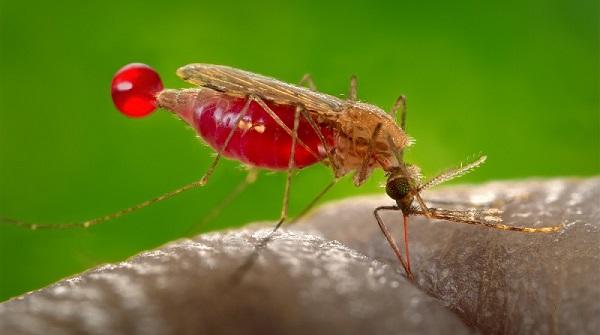Malaria’s Historical Impact in Bangladesh
Malaria has been a persistent threat in Bangladesh for decades. This deadly disease is caused by parasites transmitted to humans through the bites of infected female Anopheles mosquitoes. Historically, malaria was responsible for high morbidity and mortality rates, significantly impacting the population’s health.
Challenges Faced in Controlling Malaria
Despite advancements in medical technology, malaria remains a major public health challenge. The geographical diversity and climatic conditions in Bangladesh create a conducive environment for the spread of malaria. Moreover, socioeconomic factors like poverty and inadequate healthcare access further aggravate the situation.
Government Initiatives and Strategies
In response to the malaria crisis, the Bangladesh government has launched several initiatives. These include the distribution of insecticide-treated nets and indoor residual spraying programs aimed at reducing mosquito populations. In recent years, these strategies have shown promising results in decreasing malaria transmission rates.
Community Engagement and Awareness Programs
Educating communities about malaria prevention is crucial in combating the disease. Through awareness campaigns, the government and various NGOs have been working to inform people about the importance of mosquito control and early diagnosis. Such collaborative efforts are vital for sustaining the progress made against malaria.
Success Stories and Future Prospects
Bangladesh has seen significant reductions in malaria cases over the years. Following the implementation of effective control measures, reports indicate a notable decline in both incidence and mortality. By continuing strong partnership and resources dedicated to this cause, there is hope for eliminating malaria by 2030.
Global Support and Partnerships
International support has played a pivotal role in Bangladesh’s battle against malaria. Organizations like the World Health Organization and the Global Fund for AIDS, Tuberculosis and Malaria have provided technical and financial assistance. Such partnerships are essential for maintaining momentum in malaria control efforts.
For more in-depth information on the fight against malaria in Bangladesh, visit The Borgen Project. Awareness and engagement are keys to sustaining progress.

